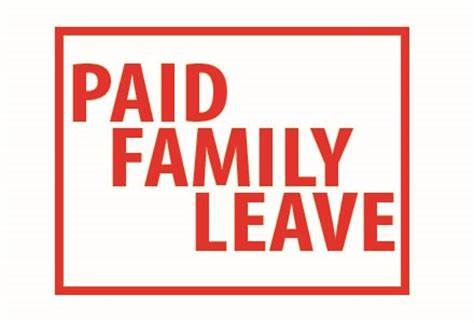Joy of Resistance
Thu, Feb 9, 2023 11:00 AM
PAID PARENTAL LEAVE? /RESPONSE TO STATE OF UNION
In President Biden's State of the Union Address this past Tuesday, he announced that during the last two years of his term, he intends to pass legislation that will achieve both PAID FAMILY LEAVE and AFFORDABLE CHILDCARE—goals for which feminists have been fighting for decades. He also announced--to a standing ovation--that Congress must "restore the rights taken away by (the overturn of) Roe v Wade". These ambitions raise many many questions, including whether such campaigns can succeed with a Republican controlled House -- and -- just what kind of plans for these great sounding aspirations are being made? As has oft been said: "God is in the details".
In today's program, we'll be speaking with two Presidents of major organizations that fight for these goals--and more--on the issues raised by these promises. They are Morgan Hopkins, President of All Above All and Jocelyn Frye, President of The National Partnership for Women and Families.
SEGMENT 1
GUEST: Morgan Hopkins, President of All* Above All*/ Catalysts for Abortion Justice
All Above All's statement of belief:
"Abortion restrictions fall hardest on people unable to make ends meet, and others marginalized by our health systems– especially people of color, immigrants, transgender people, and young people. We’re done with lawmakers interfering in our personal decisions.
All* Above All is a catalyst for abortion justice. We envision a world where abortion care is affordable, available, and supported for everyone who needs it."
We'll ask Ms Hopkins about how she and her organization envision such a world, the campaigns of All Above All in the Post-Roe environment of criminalized abortion that is now affecting millions--and why, according to her organization, Roe was not enough and we must be 'bolder"?
SEGMENT 2
Jocelyn Frye, President of the National Partnership for Women and Families
It's been 30 yrs since the Family Medical Leave Act (FMLA) making it a federal law that 12 weeks of Unpaid Family Leave was due any worker who met certain requirements, was signed into law by Bill Clinton; it was supposed to be "just the beginning" of support for families who needed time off for the birth of a child or to take care of sick relatives—and it would guarantee that their job would be there for them when they came back..However, the FMLA was obviously only applicable to those in good enough financial straits to AFFORD to take twelve unpaid weeks off from work and was not available to those working for small companies.
Despite the modesty of its goals, it met fierce resistance at the time and was vetoed twice by George H.W. Bush, before being finally signed by Bill Clinton in 1993.
Meanwhile, most other counties in the world had Paid Parental Family Leaved, which the US still does not have. The U,S. is one of the only countries in the world and THE only industrialized country--that does not offer this simple benefit to its citizens. And various countries offer far more benefits than legislation that may soon be proposed here. For instance, Sweden offers 68 weeks, the UK: 49 weeks, while the US is in for an uphill fight to provide 12 w eeks andsome countries, such as Russia and China, offer the time off from work to be paid at full salary (in other countries, including states in the U.S., Paid Leave offers only a percentage of full weekly salary.
My guest for this segment is Jocelyn Frye. She leads the National Partnership for Women and Families. Under her leadership, the organization is focused on advancing economic justice, affordable and equitable health care, civil rights, and reproductive freedom for women who face the steepest barriers, including women with low incomes and women of color *see fuller bio for her, below).
We will be looking at the present and past of this issue in the US and what our chances are for passing productive legislation are right now—and what that might look like
QUESTIONS TO JOCELYN FRYE:
) What is Federal PAID family leave--and how does it differ from what the US is currently offering (FMLA)?
2) Why is there is an active campaign for this now, when it has languished for 30 years?
When we talk about federally, or even State mandated support for workers, whether raising the minimum wage, etc, the same debates arise: Conservative say it will be bad for business and ask who would pay--want small businesses exempted--If there is to be bipartisan support for this, how would these contradictions be resolved?
3) What are advocates, such as yourself, like to see in the way of Paid Family Leave? (God is in the details!) Who would be included/left out, would there be a percentage of salary paid per week to those on leave, what would be eligibility requirements, etc? What is your wish list?
4) How do you account for the resistance in this country, when even countries often thought of as 'backward' in women's rights, have this guarantee?
5) What can our listeners do to help with getting the best possible version of PfL passed in this country?
Our show will also include the Worldwide Feminist News and timely music

